THERE’S NEVER BEEN A BETTER TIME (or place!) TO BE A CONTENT CREATOR!
Learn the craft of screenwriting, writing for TV, and playwriting from award-winning faculty with decades of industry experience.
In this 36-hour program, you will benefit from the close proximity with Georgia’s booming film market, small class sizes, a multicultural university setting with diverse classmates, faculty, industry guests, and a supportive classroom environment that will challenge you to spread your creative wings and think critically about the art and business of writing for the screen and stage.
Choose from a wide selection of introductory and advanced courses wherein you will craft scripts across various mediums. Ultimately, students will graduate a robust portfolio that include original feature film scripts, half-hour and one-hour pilots, TV specs, web series, and/or 10-minute, one-act and full-length plays. Special topics courses like the business of writing of screen and TV writing, comedy writing, genre writing, etc. are also offered.
KSU is also a partner institution with The Georgia Film Academy (GFA).
Embracing the “P” in MAPW
In the Master of Arts in Professional Writing (MAPW), our focus is preparing students for the profession of writing. The Writing for Film, TV & Theatre faculty are dedicated to creating opportunities for students to learn how to get their fully realized play scripts produced and helping screen/tv students create a portfolio of polished work that will serve as samples to so they can work professionally. How do we do this?
- Staged readings of plays and table readings of screen/TV scripts performed for audiences by professional and student actors.
- Access to Georgia’s booming film and television industry and vibrant Atlanta theatre community that supports the development of new plays.
- Student will learn how to prepare their projects and to “pitch” their work to industry professionals at pitch competitions, film and TV writing national conferences, and to guest artists, agents, and producers brought to campus.
- Students will learn how to navigate the business of screen & television writing, i.e. connecting with agents, producers, etc.
- Students will be guided by award-winning produced and published faculty (and a network of alumni) who work professionally in the field, and “stay with you” even after you graduate.
Georgia Film Industry
In the 2021 fiscal year, the state of Georgia supported...
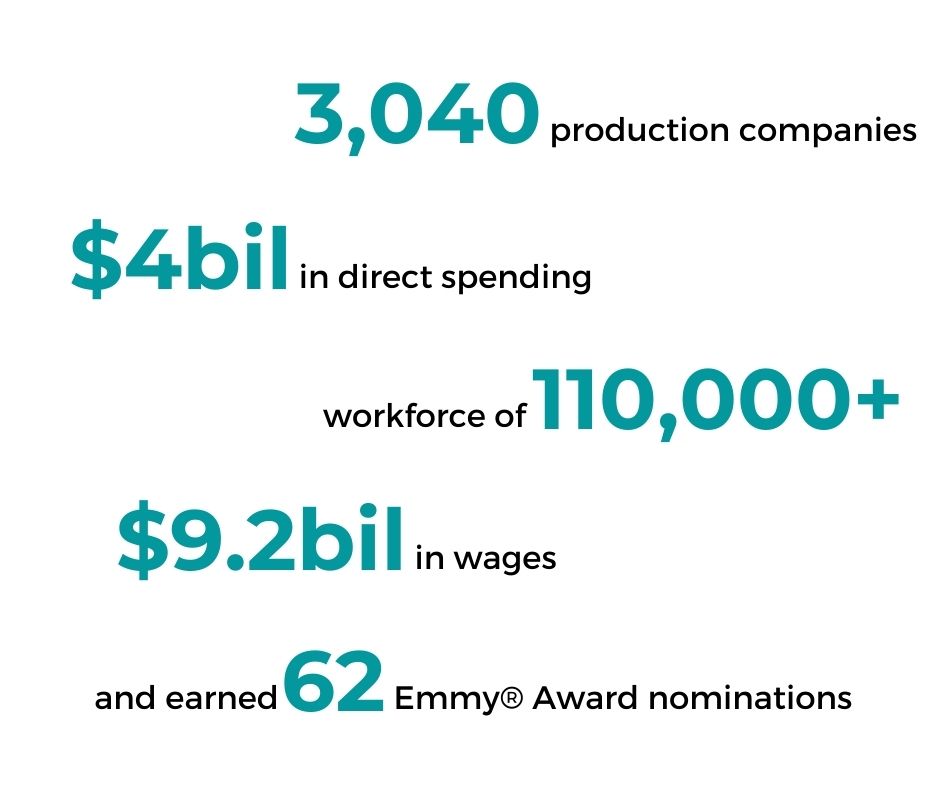
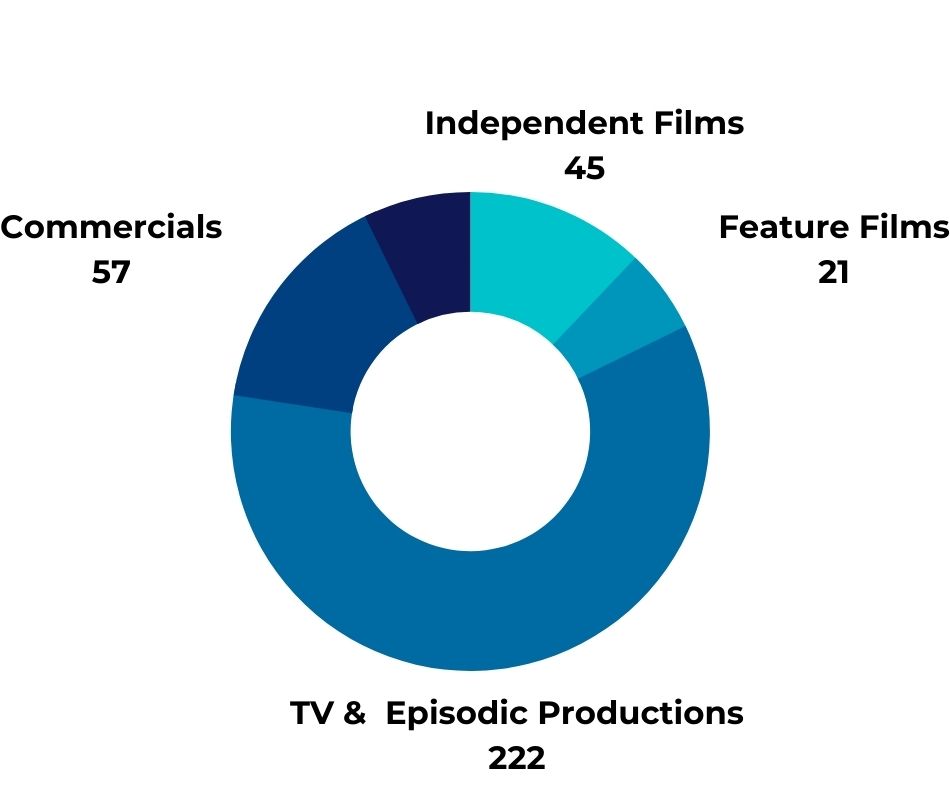

Course Descriptions
-
PRWR 6480: Playwriting I
This seminar and workshop course in the writing of plays introduces fundamental theories and techniques. Students will study and practice writing monologues and dialogues, presenting stage directions and producing one-act and multi-act plays. Small group critique, one-to-one conferences and peer revision techniques may be used.
-
PRWR 7480: Playwriting II
This seminar and workshop course builds on the theories and techniques learned at the introductory level of playwriting with an emphasis on manuscript and performance production. Students may build portfolios, engage in long-term projects, and develop professional connections and sustained projects. Small-group critique, one-on-one conferences and peer revision techniques may be used.
-
STVW 6490: Screenwriting I
This course introduces students to fundamental and foundational aspects of screenwriting such as traditional three-act structure, character development, plot function, dialogue, and script formatting. Students will study screenwriting theory and learn professional standards as they develop original screenplays and participate in table readings, workshopping, and peer review.
-
STVW 6495: TV Writing: Half-Hour
This course introduces students to fundamental and foundational techniques of writing single-cam and multi-cam half-hour television scripts. Topics include character development, five-act episode structure, A/B/C storyline function, dialogue, and formatting for half-hour TV scripts. Students will develop original half-hour pilot scripts and participate in table readings, workshopping, and peer review.
-
STVW 6496: TV Writing: One-Hour
This course introduces students to fundamental and foundational techniques of writing one-hour television scripts. Topics include character development, six-act episode structure, A/B/C storyline function, dialogue, and formatting for one-hour TV scripts. Students will develop one-hour pilot scripts and participate in table readings, workshopping, and peer review.
-
STVW 7490: Screenwriting II
This course explores advanced screenwriting concepts such as genre conventions, scene dynamics, integration of theme, and advanced rewriting practices. Students will develop or revise an original screenplay and will participate in table readings, workshopping, and peer review. Students will also engage in critical story analysis and will study and practice skills such as pitching and marketing finished works.
-
STVW 7495: TV Writing II
This course builds on fundamental skills developed in STVW 6495 and/or STVW 6496, exploring advanced TV-writing topics such as genre conventions, scene dynamics, integration of theme, writing TV for streaming platforms, and advanced rewriting practices. Students will put these advanced techniques into practice as they develop or revise an original pilot script and will participate in table readings, workshopping, and peer review. Students will also engage in critical story analysis and will study and practice skills such as pitching and marketing finished works.
-
STVW 7496: TV Writers Room
Modeled after professional TV writers rooms, this course asks students to work together as a unit to pitch episode ideas, develop and outline stories, and write episode drafts. Students will learn about roles and hierarchy within the writers room, as well as the role of the writers room in the TV production process. Students will participate in team- and group-writing, table readings, and peer review.
-
PRWR 7900: Special Topics
Exploration of a specifically designed topic. Topic courses include screenwriting analysis, comedy writing, genre writing, rewriting, the business of screen and television writing, gender in screen and television writing, race in screen and television writing, the evolution from script to screen, and more.
-
PRWR 7960: Capstone Project
A project designated as a thesis, portfolio or practicum and accompanied by a rationale for its purpose and design that involves electronic and/or print media and is relevant to the student’s concentration in professional writing. After submitting an approved capstone proposal, the candidate works under the direction and advice of two faculty members to produce the project. The candidate must submit the capstone project at least two weeks before either 1) a discussion about the project with the faculty committee, or 2) a public presentation about the project or a reading from the project for an audience of faculty and peers.
Core Faculty
-
Dr. Aaron Levy
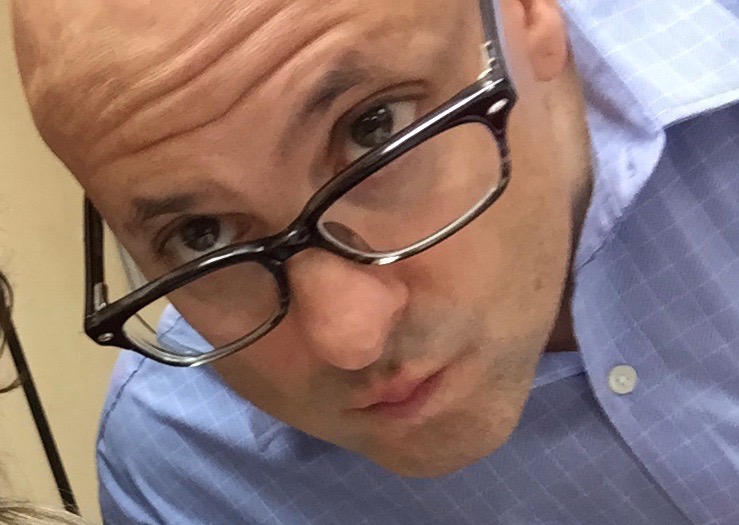 A former high school English teacher, Aaron Levy is an Associate Professor of Creative
Writing, and English Education and currently also serves as Assistant Chair of the
English Department at Kennesaw State University. He will serve as the interim Director
for the Master of Arts in Professional Writing (MAPW) in July 2022.
A former high school English teacher, Aaron Levy is an Associate Professor of Creative
Writing, and English Education and currently also serves as Assistant Chair of the
English Department at Kennesaw State University. He will serve as the interim Director
for the Master of Arts in Professional Writing (MAPW) in July 2022.From 2016-2020, he served as Director of Academics for the Georgia Film Academy where among several film/tv workforce initiatives, he was able to lead the creation of the Dramatic Writing for Film, Television and Theatre 1, a new ELA requirement option course for all Georgia high schools. Levy earned his MFA in creative writing (script writing) and a PhD in curriculum & instruction from Arizona State University. His first work for young adults, Pizza With Shrimp On Top (Dramatic Publishing), has enjoyed over 60 national and international productions, and was nominated for the 2007 Distinguished National Play Award for the Middle and Secondary School Audiences. His ten-minute play BOLT CUTTER MAN was last selected for production by Thespian Production Inc's for its 2014 Halloween Play Festival at NYC's Joria Mainstage Theatre. Levy’s debut young adult novel, Blood Don't Lie, directly evolved from writing assignments he wrote alongside his methods students at KSU, was published by Good Reads Press. Blood Don’t Lie received the GA Author of the Year Award for young adult fiction in 2018 and continues to be taught at dozens of Georgia middle and high schools. His new work-in-progress, The Student Body, a full-length play, placed as a semi-finalist at the Austin Film Festival.
-
Prof. Mitch Olson
Assistant Professor of Screen and TV Writing
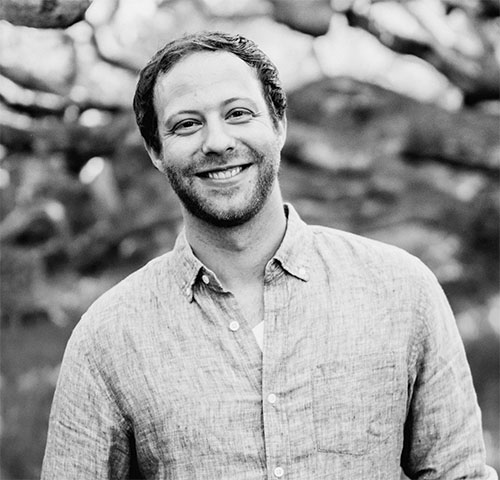 Prior to moving to Atlanta, Mitch Olson worked in Los Angeles in film and TV development,
and on shows for NBC, Fox, CBS and Netflix. In addition to teaching Screen and TV
Writing at Kennesaw State University, he also owns Point South Productions, which
produced its feature film in 2021 and has two more set to film in 2022.
Prior to moving to Atlanta, Mitch Olson worked in Los Angeles in film and TV development,
and on shows for NBC, Fox, CBS and Netflix. In addition to teaching Screen and TV
Writing at Kennesaw State University, he also owns Point South Productions, which
produced its feature film in 2021 and has two more set to film in 2022. -
Prof. Anna Weinstein
Assistant Professor of Screenwriting
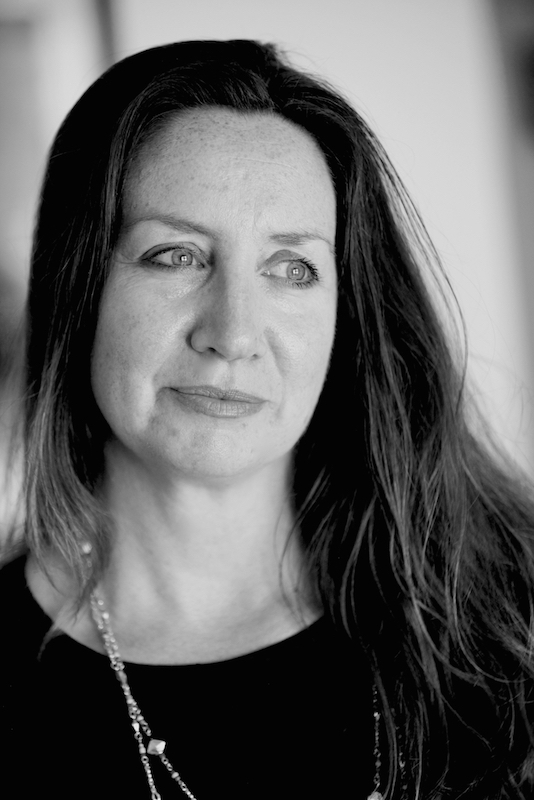 Anna Weinstein teaches screenwriting in the MAPW program. She collaborates with undergraduate and graduate students on her Women Writers of Film & Television digital humanities project, and she mentors MAPW students on capstone projects ranging from feature screenplays to
pilot scripts to screenwriting research thesis papers. Previously a lecturer at Auburn
University, Anna’s former students have gone on to work for Showtime, Marvel Studios,
Cartoon Network, NBC, among others. Anna is currently developing several film and television projects, including a limited series for producer Jennifer Aspen,
a feature for producer Robert Mitas, and a TV series for Mitas based on The Jack Tales (1943) with director Jay Russell attached. For more information about Anna’s teaching
and research, check out her faculty web page.
Anna Weinstein teaches screenwriting in the MAPW program. She collaborates with undergraduate and graduate students on her Women Writers of Film & Television digital humanities project, and she mentors MAPW students on capstone projects ranging from feature screenplays to
pilot scripts to screenwriting research thesis papers. Previously a lecturer at Auburn
University, Anna’s former students have gone on to work for Showtime, Marvel Studios,
Cartoon Network, NBC, among others. Anna is currently developing several film and television projects, including a limited series for producer Jennifer Aspen,
a feature for producer Robert Mitas, and a TV series for Mitas based on The Jack Tales (1943) with director Jay Russell attached. For more information about Anna’s teaching
and research, check out her faculty web page.
Student Success Stories
-
Will Amato, MAPW Student
Will worked as a Development Intern at Point South Productions. Shortly after starting, he assisted in developing a feature film, Easter, Bloody Easter with WallyBird Productions, a Los Angeles-based company. Will attended meetings and offered creative feedback. The Executive Producers found his contributions to be so valuable that they gave him a producer credit on the film.
-
Ed Gadrix, MAPW Alumni
After taking several screenwriting courses in the MAPW Program, Ed was hired to adapt a stage play into a feature film script. He also starred in the film, which shot in 2021 and premiers in 2022.
-
T.W. Lawrence, MAPW Alumni
T.W. submitted two scripts that he wrote in MAPW screenwriting classes to the “Wild Bunch Film Festival,” an international western film and television festival. Both scripts “Texas Bad Water” (feature screenplay) and “Atascosa” (TV Pilot) were finalists. He was also honored as Best First-Time Western TV Pilot winner and the Best First-Time Student Screenwriter winner.
-
Laura McCarter, MAPW Alumni
At the ScreenCraft Writers Summit at the Atlanta Film Festival, Laura pitched the feature screenplay she wrote in the advanced screenwriting course and revised for her capstone, which included a visual pitch presentation. Laura placed in the top 10 out of over 300 participants. After graduating, Laura secured a full-time a position with the Georgia Film Academy, where she currently works to design and promote Dramatic Writing and AVTF courses in high schools and middle schools throughout the state of Georgia.
-
Mezi Mulugeta, MAPW Student
After crafting her pilot in the “STVW 6495: Introduction to Half-Hour Writing” course, Mezi submitted her script to The Script Lab’s Free Screenwriting Competition. She placed in the top 300 out of 12,600.
 Spring 2021 MAPW Student Awards
Spring 2021 MAPW Student Awards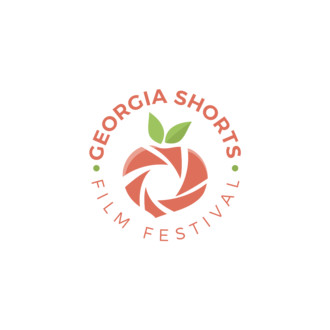 Graduate student wins Georgia screenwriting award
Graduate student wins Georgia screenwriting award MAPW Student's Video Featured in USA Today Article
MAPW Student's Video Featured in USA Today Article
Graduate Certificate in Screen and Television Writing
Looking for graduate-level instruction in screen and television writing but not quite ready to commit to the full 36-hour master’s program? Consider getting a 12-hour Graduate Certificate in Screen & TV Writing.


















